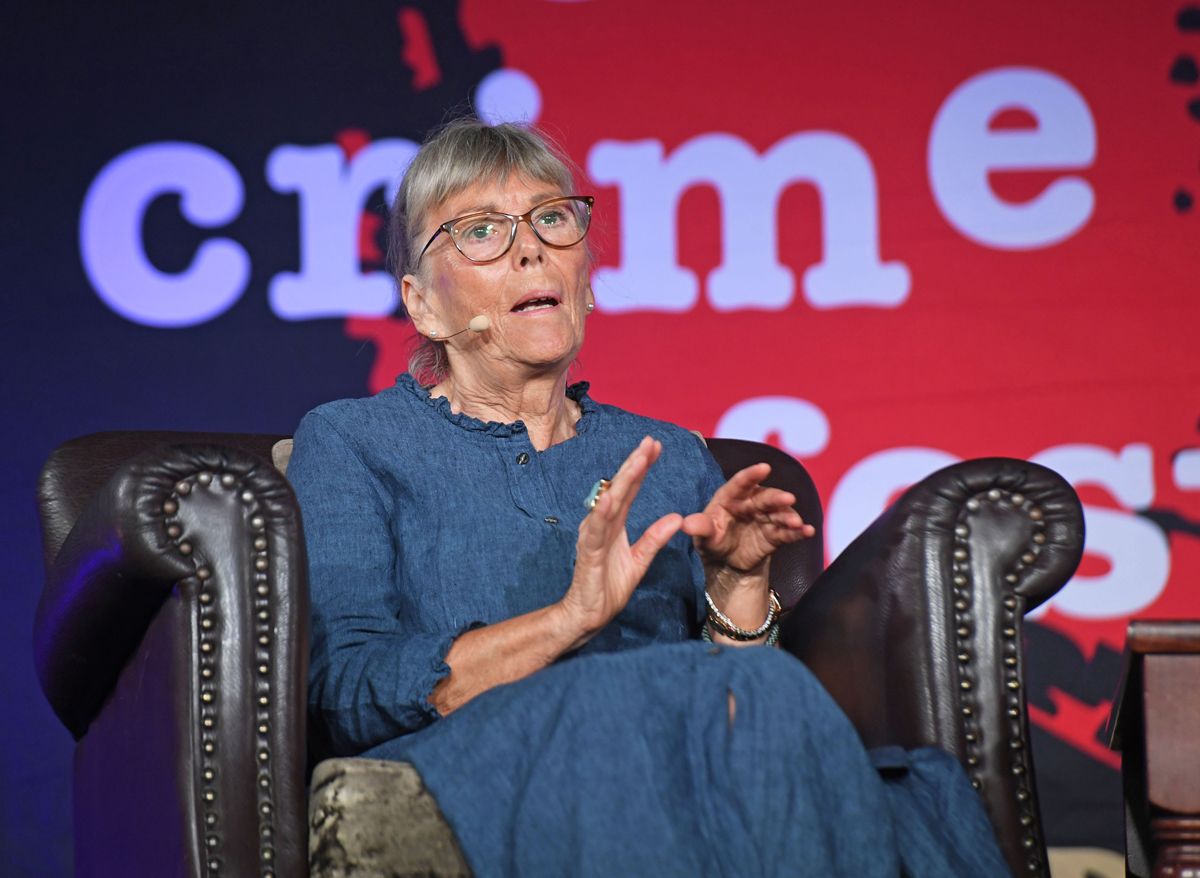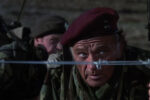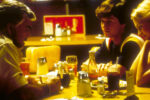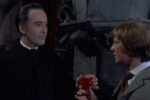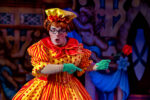Kate Atkinson in Conversation at Theakston’s Old Peculier Crime Writing Festival
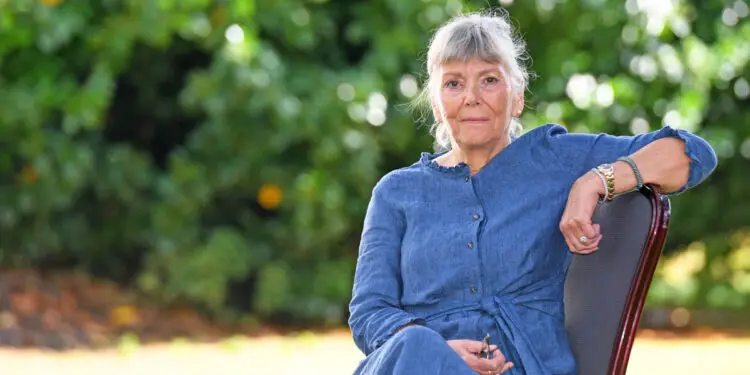
By Sarah Morgan, July 2025
Don’t try to pigeonhole Kate Atkinson, because she won’t appreciate it.
Although the York-born author has recently been in Harrogate to appear at the Theakston’s Old Peculier Crime Writing Festival, she claims, “The whole idea of genre fiction annoys me. Crime is in its box, romance is, women’s fiction… but they’re all just novels. I don’t sit down and think, ‘I’m writing a crime novel,’ I’m just writing my next novel.”
Her work has certainly tackled numerous subjects, including history, science fiction and magical realism, but it’s for crime that she’s perhaps best known thanks to Jackson Brodie, a cop-turned-private eye who has so far featured in six novels, beginning with 2004’s Case Histories.
“When I wrote it, I wasn’t writing a Jackson Brodie book, he wasn’t in it,” she reveals. “I was writing about bad things that had happened in the past, but I thought it would be dull if they weren’t resolved, so I added him in to investigate. I think all the Jackson Brodie books since have been about the other characters, he just comes along to help.”
Case Histories was not, however, her first novel – she’s currently celebrating 30 years since she debuted with Behind the Scenes at the Museum, which follows a family throughout the First and Second World Wars. It came after Atkinson had spent several years writing short stories for women’s magazines, and was thrilled by the novel’s success – she won the Whitbread Prizes for Best Debut and Book of the Year, beating more established authors, including Salman Rushdie, which proved controversial in some quarters.
“I think I had only had one tiny review in the Yorkshire Post,” she recalls. “Then it was nominated for the Whitbread and it really took off in paperback. I’d only written for women’s magazines before, so knew nothing about that world; I thought that’s how publishing worked – you became a hit after the paperback came out. It was a very chaotic time with an undercurrent of misogyny.”
More novels in other genres followed as she experimented with her style and approach before Brodie popped up. Perhaps she was always destined to become a crime writer (even though she dislikes the tag), having been a fan for decades.
“I’ve read a lot of Golden Age crime; I think I’d read all of Agatha Christie by the time I was 14. But Dickens probably introduced me to crime. Then again, when you think about it, all books have conflict in them that needs solving, even something like Austen.”
“I’m always learning”
Brodie eventually made it onto TV, played by Jason Isaacs.
“It was interesting,” she says of the small screen experience. “We had absolutely great casts. I was told how difficult the stories were to adapt, and I think that shows. I did think there would be more, but there hasn’t, which is a shame because I think some of the books since lend themselves to TV better.”
She cites one in particular, 2019’s Big Sky, which sees Brodie relocated to North Yorkshire, as one she thinks would work well.
Despite her success as a novelist, Atkinson claims she doesn’t find the writing process easy: “Every single book for me is usually a horrible experience! I think, ‘I won’t do that again.’ I’m always learning.
“And I’m the world’s most neurotic re-writer. When I come to the end I usually don’t need to do a big rewrite because I’ve already done it so many times. I just do a polish instead. In fact, if you look at my books, they’re so much better written at the start because that part has been rewritten so many times!”
She also has no plan when she begins, although she does “have an idea or a first sentence or a paragraph. I think through my fingers. If you knew exactly what was going to happen, it would be so boring. But I like to know what my last paragraph would be, or at least what the ending will be so that I’ve got something to work towards. I do enjoy writing the last line.”
As for advice for fledgling writers, that’s simple: “I always say, ‘read everything that’s ever been written’ – and that puts a lot of people off! But if you don’t read a lot of good writing, you don’t know what good writing is.
“Also, there’s something good about being an older first-time novelist (she was 44 when she made her debut) because you’ve experienced things, you know about people.”
So, it seems, you’re never too old to take the plunge, which is a comforting and inspiring thought.
images: Gerard Binks Photography
